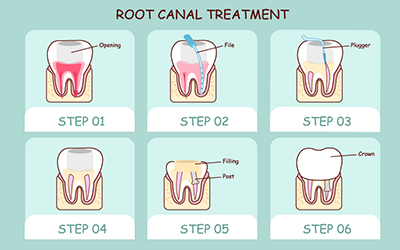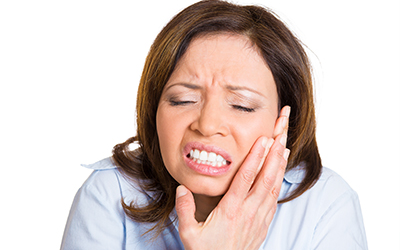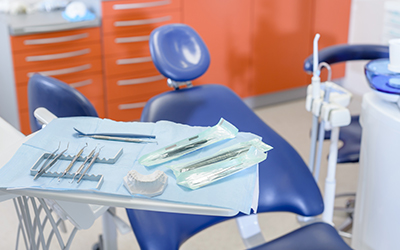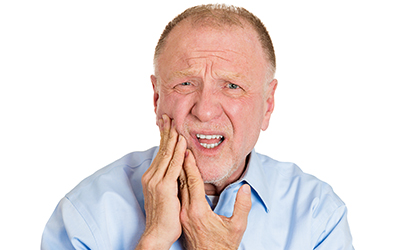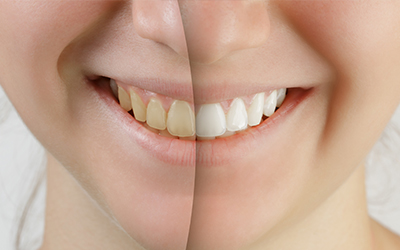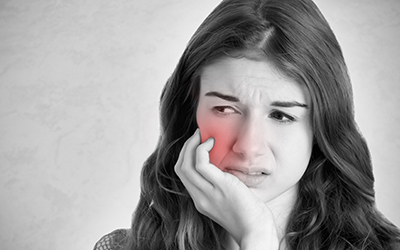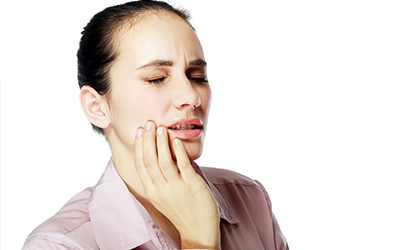Posted on Jul 13, 2020
Dry Mouth Symptoms & Causes
A+ A- A Main Content
Dry mouth may not seem like a big deal, but your mouth and teeth need saliva to stay healthy and keep things working correctly. Saliva keeps the mouth moist, helps you swallow, and breaks down your food. Saliva is continually washing bacteria away from the teeth, fighting tooth decay, and keeping teeth clean! Without enough of it, some problems can occur.
Symptoms of Dry Mouth
The most obvious symptom of dry mouth is having a dry mouth! Some people have described it as feeling like their saliva has become sticky or thick, making it tough to swallow and speak. Some people become sensitive to certain foods or feel a burning or “prickly” sensation. After a while, the mouth may become sore, and there is also an increased risk of gum disease and tooth decay. If you think you have a dry mouth, it’s best to talk to your dentist about it.
Causes of Dry Mouth
Dry mouth is a symptom of many problems and may occur more frequently as you age. Dry mouth is also a side effect of certain medications, especially heart, blood pressure, and anti-depressant medication. Your doctor or pharmacist will be able to let you know if you can expect dry mouth.
Problems Caused by Dry Mouth
Below are a few of the problems that can be caused by dry mouth:
- pH levels – Saliva cancels the acid that can attack the teeth and eat away at tooth enamel. Saliva also helps break down food while you’re chewing.
- Fighting tooth decay – Saliva flights the bacteria that create dental plaque. Plaque is the sticky film that is continually forming on your teeth, causing dental cavities.
- Eating difficulties – Lastly, having less saliva can have an effect on the way food tastes and makes it more difficult to eat dry foods. It can sometimes create a clicking sound when you speak and makes it more likely to develop bad breath.
If you have dry mouth, it’s essential to combat it by staying well-hydrated, brushing frequently, and visiting your regular dentist every six months for a dental cleaning and a checkup.

